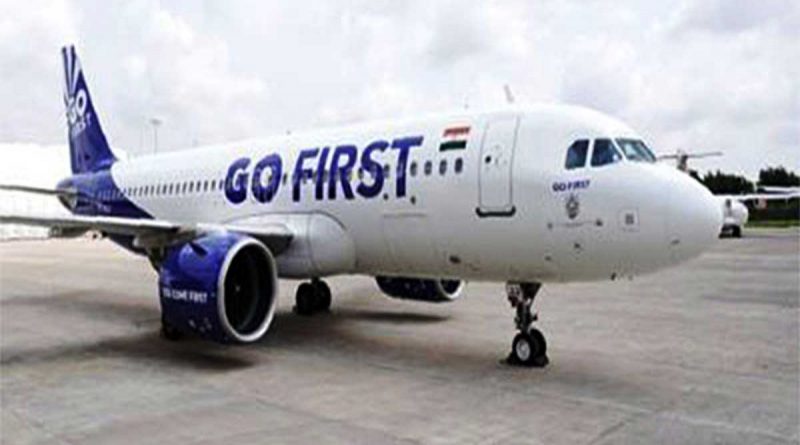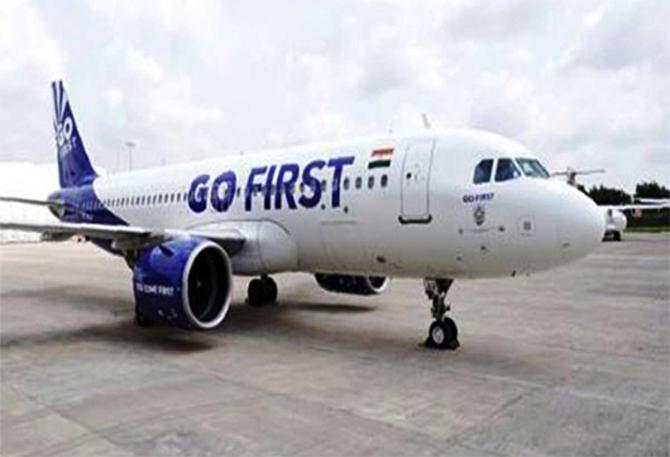Global aviation leasing body downgrades India in light of Go First case
Aviation Working Group (AWG), a global aviation leasing body comprising major planemakers and lessors, on Monday further downgraded India as lessors have not been able to repossess their planes from Go First more than four months after the airline filed for insolvency.
The leasing cost stands as a prominent expense for Indian airlines.
With AWG’s downgrade, it is likely that lessors will increase the aircraft leasing rates for Indian carriers.
AWG had first put India on its watchlist in May after the National Company Law Tribunal (NCLT) had barred the lessors from taking their planes back from Go First.
“The actions and inactions in the Go First insolvency proceedings are developments that materially and negatively implicate CTC (Cape Town Convention) non-compliance in India.
“India’s variable A score is projected to be materially reduced under the compliance index formula (from 3.5 to a projected 2).
“Further reductions are possible, given ongoing events,” AWG stated in its second watchlist issued on Monday.
In 2008, India signed the Cape Town Convention, an international treaty providing time-bound remedies for lessors to repossess planes, mitigating their risks.
Lessors have been urging the Indian government to pass a parliamentary bill to implement this treaty, which will prioritise Cape Town Convention over insolvency laws.
AWG stated: “This projected variable A downgrade is necessary as gaps in Cape Town Convention primacy, notably in respect of bankruptcy legislation, have resulted in material non-compliance by India, with substantial losses to relying creditors.”
After Go First airline stopped operating flights from May 3, its lessors had put in applications with the Directorate General of Civil Aviation (DGCA) to repossess more than 40 of the airline’s 54 planes.
However, the National Company Law Tribunal (NCLT) on May 10 put a moratorium on all Go First’s assets, barring the lessors from taking their planes back.
Multiple lessors of Go First have filed an appeal in higher tribunals and courts to repossess the planes.
Nitin Sarin, managing partner of Sarin & Co, stated on Twitter that creditors, lessors and owners of aircraft leased to Go First have now been unable to repossess their aircraft for a period of over 130 days, far longer than as per India’s commitment under the Cape Town Convention.
“As a result, the Aviation Working Group has taken this step of issuing a second Watchlist Notice and further reducing India’s projected category to ‘low’ and projected score to 50 (from 63.5).
“Other airlines in India (who will be impacted by this in their own dealings) and we as an industry (as a whole) should be worried. The Government of India needs to find a solution to this and fast,” he added.
Source: Read Full Article


